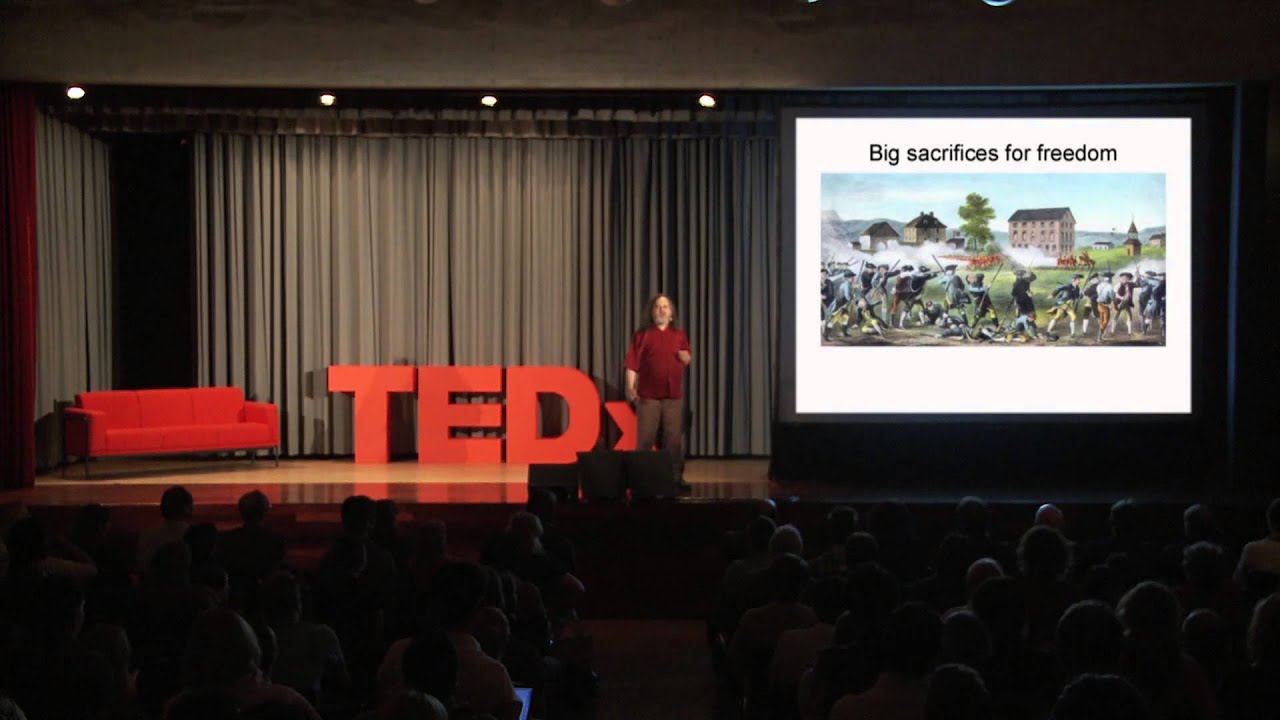Sorry, to be a bit “late to the party.”
I touched upon licensing questions on Julia Discourse before: a) in the thread announcing Dyad and b) in a thread discussing SPDX headers and REUSE compliance.
The TEDx talk in Geneva 20214 by Richard Stallman on “Free software, free society” is maybe a good reminder of “first principles.”
Should only platform owners monetize free software?
My answer tends to be: Certainly not—that would turn open source into free raw material for closed silos.
Software freedom is not the same as gratis software. (cf. the talk above)
The four freedoms (use, study, modify, share) say nothing about price; they simply insist that anyone who conveys the program must in turn convey the same freedoms to others.
A permissive license (e.g., MIT, BSD, Apache) offers maximal convenience, but it also enables a cloud vendor to privatize the economic upside: they can bundle the code into a proprietary service without returning either code or cash. If they do return the code (e.g., Dyad today) then it’s their deliberate choice, there may be strings attached, and it may change sometime down the road.
The AGPL was designed to close that “SaaS loophole.”
It says: If you profit from running my code for other people, either publish the combined source as FOSS or negotiate different terms.
That is not a “tax on usage;” it is a (fair) symmetry clause imho. Everyone retains full rights to run, fork, and improve the software in the commons. Only those who want to enclose it in an (essentially) closed commercial platform—that sells “seats” (not KLOCs or hours of computational resources used)—must share back or pay.
Dual licensing with AGPL + a (negotiable) commercial option is a voluntary choice:
- Open-source users keep the software free.
- Closed-source platform owners keep their rights (e.g., secrecy)—by compensating the authors whose work they rely on.
Sustainability matters. If maintainers cannot earn a living (not everybody is on corporate salary or on tenure track in academia), the “commons wither.” Strong copyleft is one pragmatic way to balance open collaboration with economic viability.
